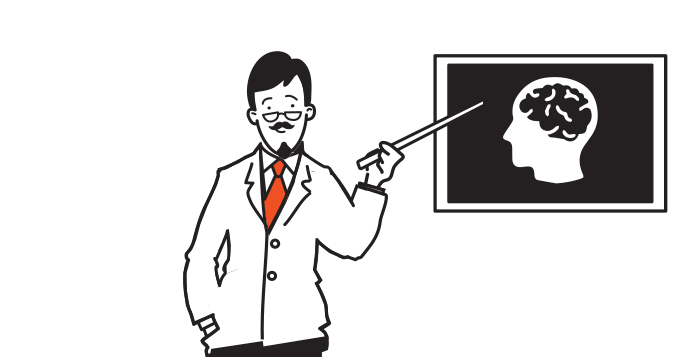
More than 15.8 million working days were lost in 2016 due to mental illness1 and it is becoming more common for people to suffer with illnesses such as stress, depression and anxiety.
There can be many causes of mental illness including traumatic events and increasing stress levels from issues such as caring for dependants, relationship difficulties or debt problems. Wherever it comes from, mental health can also affect your overall health and wellbeing and have implications on your physical health.
In addition to personal stress, there has been much media focus on mental health and wellbeing in the workplace in 2017 following Theresa May stating “there is no escaping the fact that people with mental health problems are still not treated the same as if they have a physical ailment”4. She has called for a review of mental health in the workplace to remove the stigma associated with these issues and there is also a new strategy from the Health and Safety Executive focussing on work related stress.
Our research indicates that around nine in 10 employers feel personal or work related stress can affect their workforce and identify issues with ensuring an adequate work/life balance is achieved5. Despite this, many people do not seek medical support and illness can often go unnoticed, problems should not be a taboo subject.
Top 10 tips for staying mentally healthy at work:
- Switch off — remember where work ends and your home life begins. If you work from home, keep work related items in a room where you can shut the door at the end of the day, so closing it away and keeping it separate from home.
- Take a break – Sitting at a desk or being on call from 9 til 5 (often longer) can lead to you spending a lot of time in a demanding environment. Make sure you take a break such as going for a lunchtime walk to help refresh.
- Play music — whether you are allowed your own headset, or you have the radio playing, this can take your mind off work for a few minutes and help you relax and unwind. It can help block out any surrounding distractions helping you get your work done quicker and keep you focused.
- Get your work–life balance right — make time for you and your family.
- End the day with tomorrow’s to-do list. It’ll help you shut off and refocus for the next day.
- Workplace confidence – in an uncertain workplace environment many people can feel fear for their future. Focus on your role and skill sets and discuss your future with colleagues and managers.
- Healthy body, healthy mind – ensure that you are well rested and physically healthy, also issues with concentration, memory or vision maybe related to stress so see a doctor if things change.
- Ensuring you stay in control and on top of things at work will be a huge help for you. However, remember, this isn’t always the case, so this is where it is important to be able to ask for help.
- Have something to look forward to – it is easy to feel stuck in a cycle and it is important to have some non-work events to look forwards to from a meal out to your annual holiday.
- Talk – though it may seem like a big step, sharing your feelings or concerns could make a major difference especially if people don’t know you’re suffering. They could offer support in terms of workload or simply help by talking things through.
If you, or a work colleague, are concerned that you could be suffering with stress, anxiety or depression amongst other mental health problems, you will notice some key symptoms. Sleep problems, fatigue, irritability and constant panic and worry are just some.
Poor mental health and wellbeing can often start with stress, our research shows that 84% of HR professional’s and decision makers believe stress can affect their workforce and nearly two thirds of them say staff absence is mostly down to non-physical issues like these5.
It is a common mistake for employers to believe their employees are comfortable talking about these issues, when the truth is they are not, and so many more people could be suffering in silence.
If you are a member of a Health Shield Health Cash Plan, you could have access to counselling or an Employee Assistance Programme to help you along the way. The simple act of talking to someone, can easily resolve an issue before it goes too far.
Sources
- Office of National Statistics, 2017
- Health Shield Insights, 2016
- Mental Health Foundation, 2016
- Personnel Today, 2017
- Health Shield ‘Exploring wellbeing needs in the workplace’, 2017